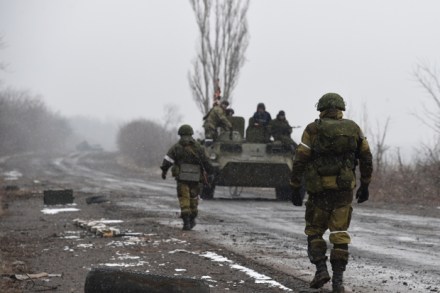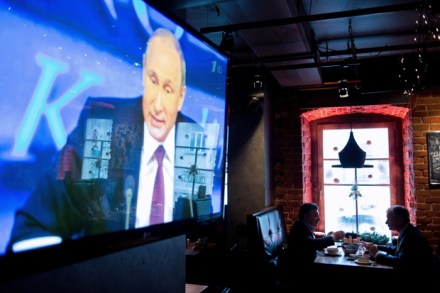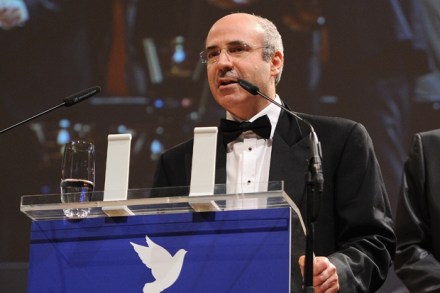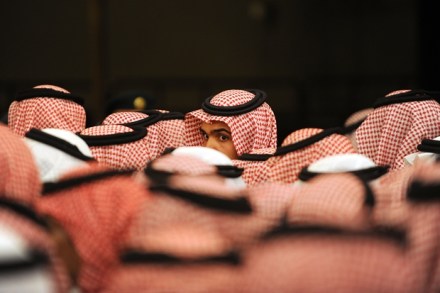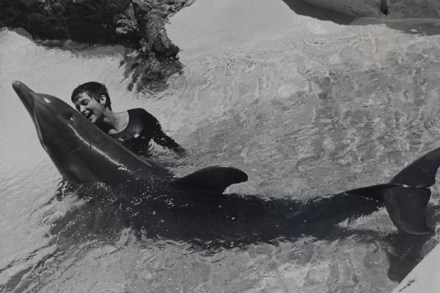Spectator letters: Why rural churches are so important, and the best use for them
The presence of a church Sir: The challenge for the Church of England and the wider community is to ensure that our village churches are a blessing and not a burden (‘It takes a village’, 21 February). The Church of England has approximately 16,000 churches, three-quarters of which are listed by English Heritage. Most of these church buildings are in rural areas. There are around 2,000 rural churches with weekly attendance lower than ten. It can be a significant responsibility for those small congregations to look after that church, and one has to recognise that this is a burden that falls on thriving parishes. There is no ‘one size fits


